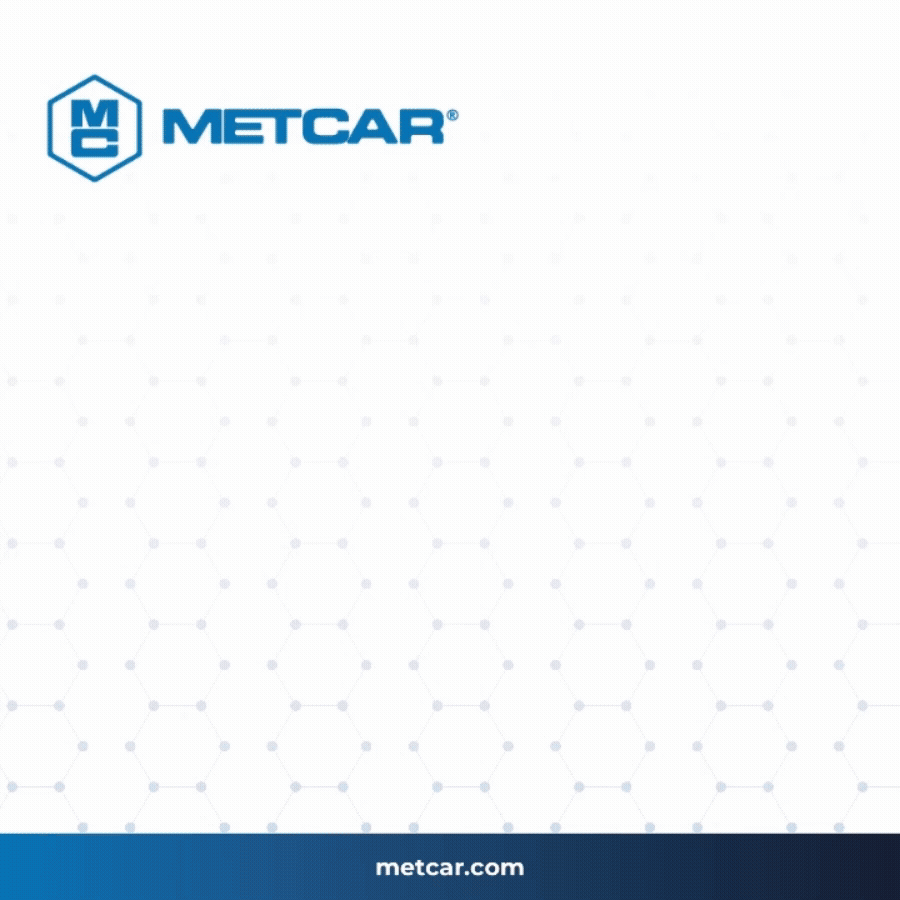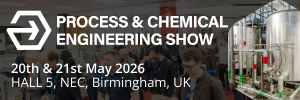Shell to test carbon capture technology in Norway
The test will start in January and will last for five months.
Shell Catalysts & Technologies offers two leading carbon capture technologies - the CANSOLV CO2 Capture System and ADIP ULTRA.
The test at TCM will involve a proprietary amine-based solvent that is part of the CANSOLV CO2 technology.
It is expected that this will be then qualified for delivery to carbon capture and storage (CCS) projects around the world.
Shell has previously carried out two test campaigns at TCM, in 2014–15 and 2016.
One of its technologies has been chosen for Hafslund Oslo Celsio’s full-scale capture plant at Klemetsrud, Oslo, Norway.
This project is part of the large Norwegian full-chain CCS project named Longship and, following the planned start-up in 2026, 400,000 tons of CO2 emitted by Celsio each year will be captured and permanently stored in the Norwegian shelf.
Nick Flinn, VP decarbonisation technologies, Shell Catalysts & Technologies, said: “We are very pleased to continue using TCM’s excellent facilities and expertise. The purpose of the next campaign is to make a final test and verification of this upgraded solvent that will be introduced to the market.
“For many years, Shell has strived to minimise CO2 emissions utilising its cutting-edge technologies. Today, we possess reliable and economically feasible carbon-capture technologies, supported by many years of research and development activity, and a robust track record of commercial plants around the world.”
Muhammad Ismail Shah, managing director at TCM, added: “It is very satisfying that a leading capture technology developer such as Shell Catalysts & Technologies has, again, chosen TCM as the arena for its carbon capture tests. Our staff are ready to ensure effective execution of the tests, and to provide expert advice throughout the campaign.
“This shows that even the mature amine technology is still developing, and that suppliers are continuously making improvements and innovations to have better efficiency and to reduce costs when using the technology in a full-scale plant. Based on this, we believe that TCM will be relevant as an arena for testing both mature and completely new technologies for many years to come.”














